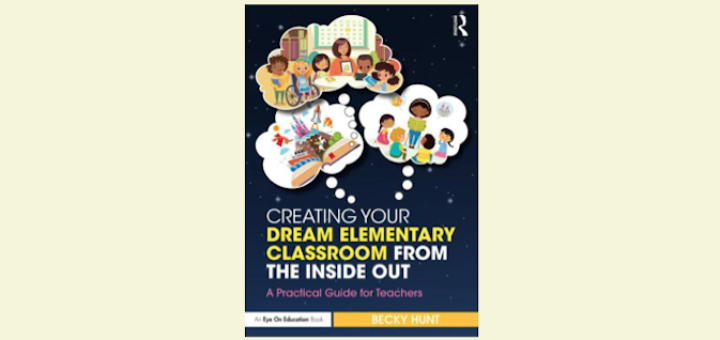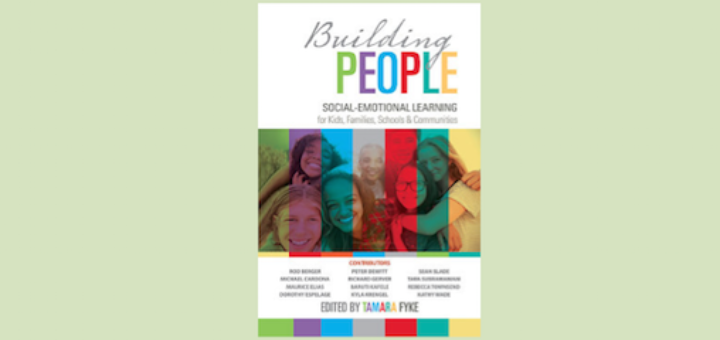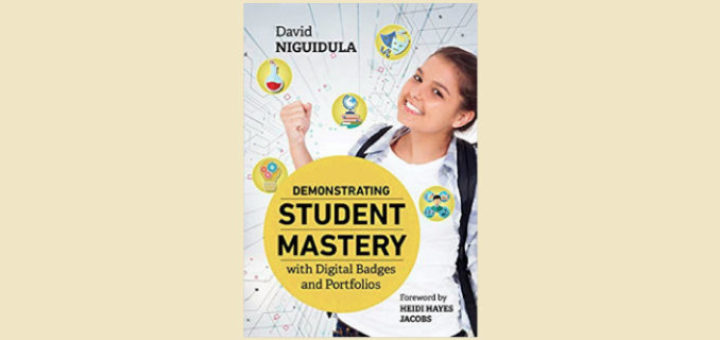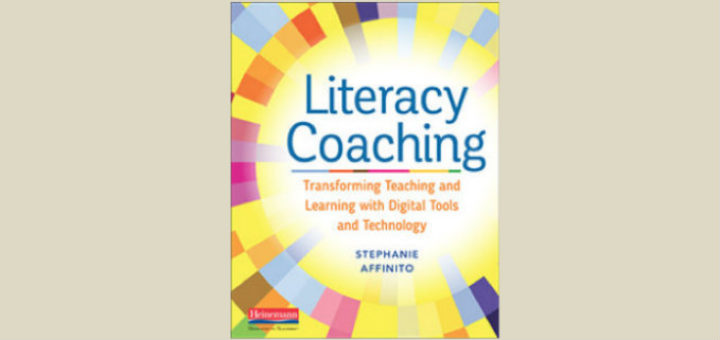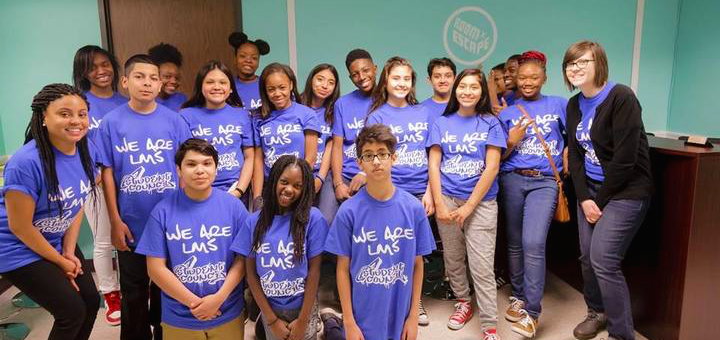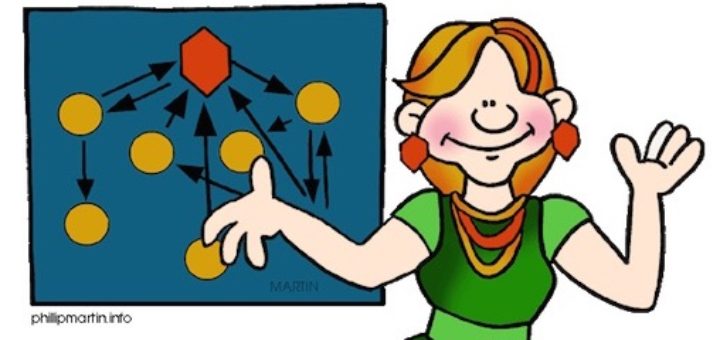Creating Your Dream Elementary Classroom
Wondering how to set up your new classroom? Or just ready to make some changes in your familiar space? Creating Your Dream Elementary Classroom is the book for you, writes teacher educator Linda Biondi. It’s filled with ideas from pros to benefit newbies and vets in grades K-6.

